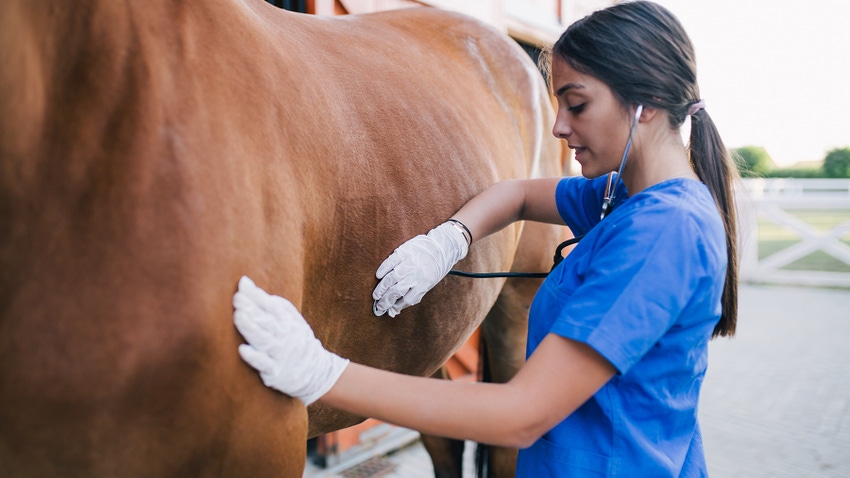
Everyone had one class in school they just loved to hate. Except me of course, as the daughter of two teachers, I’m not allowed to have ever disliked anything about education. For a lot of students, one lackluster academic experience kept them from committing to a career they could have loved.
Anytime anyone asked me what I wanted to be when I grew up, the answer from my cow-manure-covered tomboy self was always “a veterinarian.” No question. In late middle school, my parents wanted me to face the realities of that profession and sink or swim, before I needed to start making the next decades’ worth of decisions vets must commit to.
They loaded me up and dropped me at our vets’ office three to four days a week for an entire summer. I’d go in at opening and out at closing, spending the day on house calls or fetching instruments or putting my hands somewhere sticky because I was just small enough.
The vet practice we patronized was a multi-vet cattle-only practice, with probably the least number of frills and the roughest characters any local office could have. I absolutely adored it.
I left every day beat to heck and covered in blood and completely ecstatic.
The next year, my school curriculum included chemistry. And, here I am, an ag journalist. Eight more years of that? No, thank you.
I’ve been reading an AVMA-published report examining Auburn veterinary graduates and identifying the factors that lead to new vets accepting positions in rural mixed-practice or large animal clinics - a type of vet that’s facing a large shortage throughout the United States.
What they found was essentially that vet students are more likely to take on a rural job if they want to live in a rural community - regardless of whether they grew up in one - and if they have had previous experience with large animals (livestock). Of that small group of people, a higher percentage was male, although gender didn’t influence the students’ decision-making process.
In my experience, the number of people willing to take on the exhaustive-yet-rewarding prospect of a rural vet job dwindles long before they reach the vet school graduation stage. All the men I’ve known who have recently taken on similar positions spent at least two years and up to eight years in the application process to vet school after graduating college.
Some small academic bobble from high school, maybe one low test score sidelined them until pure determination helped them get back in the game. Even one of the vets I job-shadowed at the clinic found med school an easier route and spent two years practicing on humans before a vet school took his waiting application.
There’s got to be a better way, right? I guess that’s a problem we’ll solve another day.
Read more about:
VeterinarianAbout the Author(s)
You May Also Like






